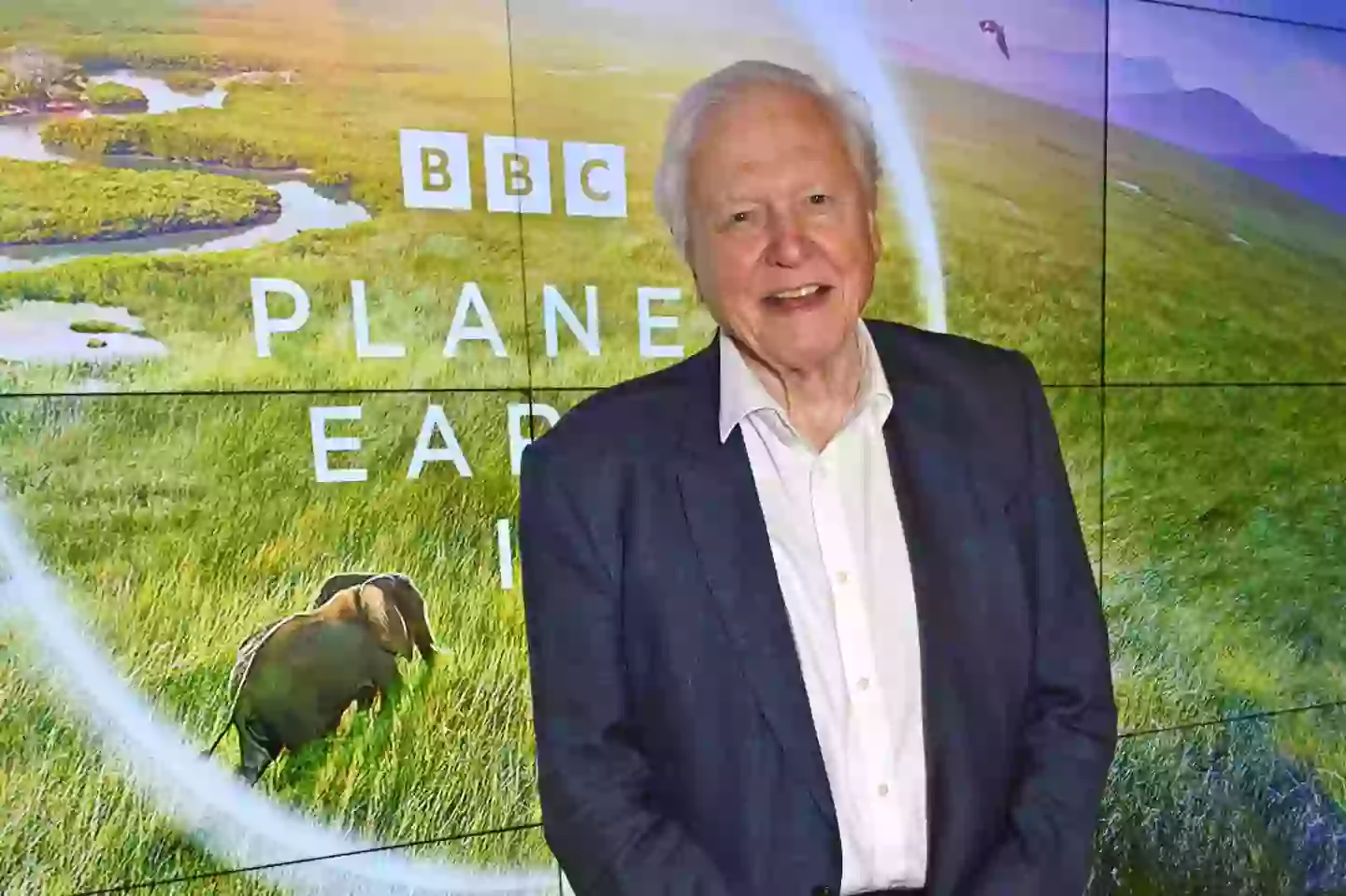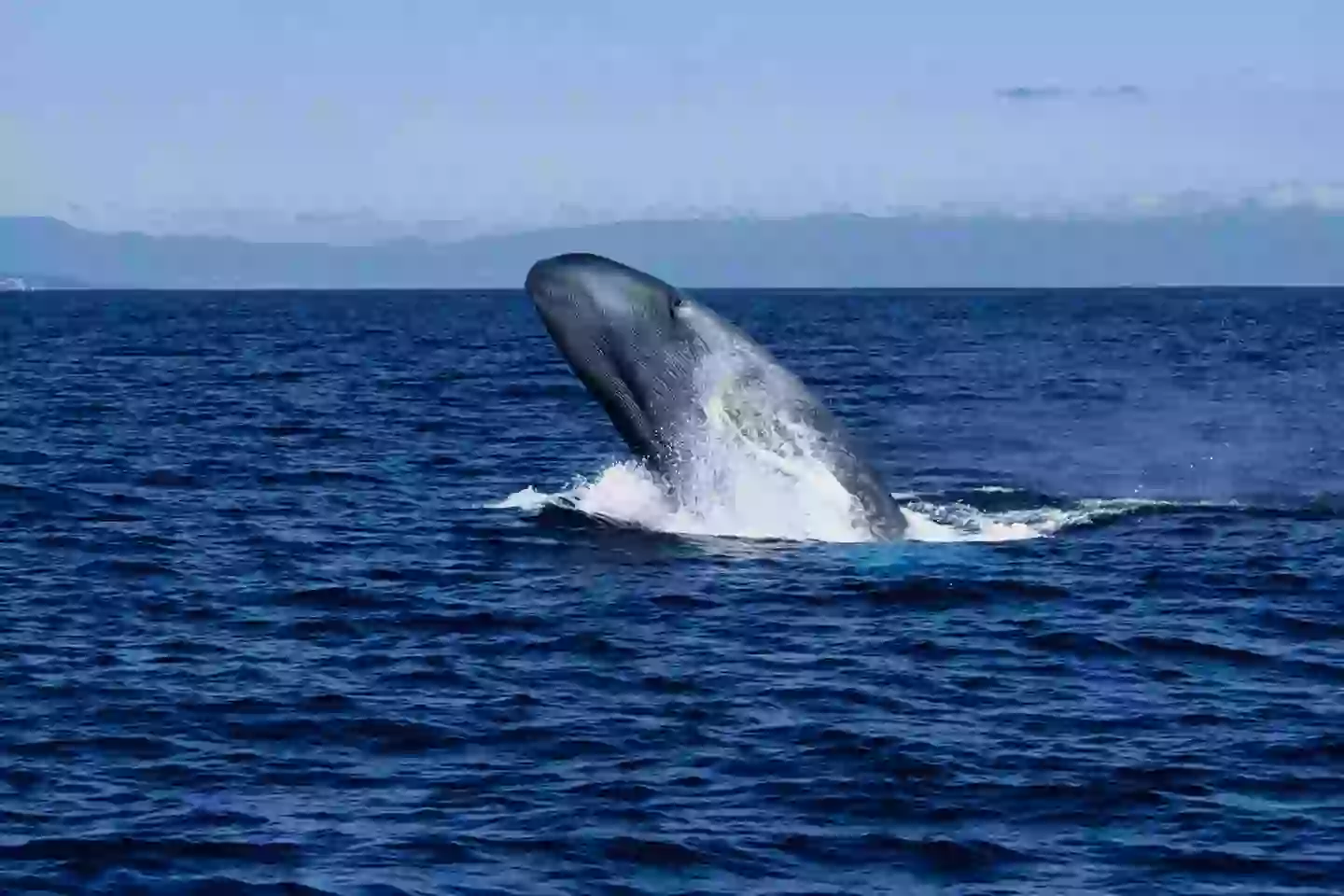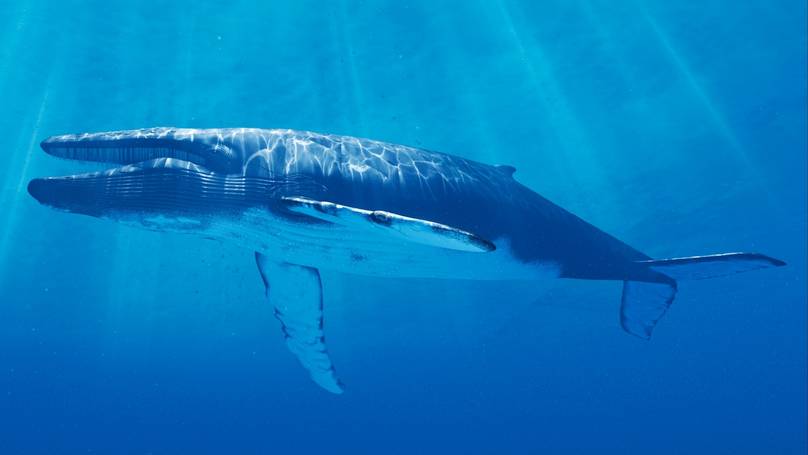Silent Giants: The Alarming Mystery Behind Blue Whales’ Vanishing Songs and What It Means for Our Future
Ever wonder what happened to the mighty blue whale’s oceanic serenades? These colossal creatures, the biggest animals to ever grace our planet, are supposedly running outta breath—or maybe just time—to sing their iconic songs. For ocean nerds like me, their melodies have always been the soulful soundtrack beneath the waves. But now, silence is creeping in, and it ain’t exactly music to our ears. A sharp drop—almost 40%—in blue whale songs over the last six years, according to a study by the Monterey Bay Aquarium Research Institute, has got scientists seriously concerned. It’s like the ocean’s greatest crooners are battling hunger so fierce, they’ve forgotten the art of the tune. So, what’s starving these giants and muting their voices? Climate chaos, a nasty marine heatwave dubbed “The Blob,” and a vanishing krill buffet. It’s not just about whales being quiet; it’s a glaring alarm about the fragility of our oceans and the domino effect on the entire marine ecosystem. Ready to dive deeper into this oceanic mystery?
Blue whales are the biggest animals on the planet but scientists are worried about their future after noticing that the marine mammals are going silent.
For those who study the ocean, the songs of the blue whales have often been the defining sounds of the seas, but now huge concerns have been sparked as the endangered species appears to be going quiet.
A study conducted by researchers at the Monterey Bay Aquarium Research Institute found that blue whale songs had dropped by almost 40 percent over the past six years.
While giant whales might seem scary, they usually stick to a diet of krill, and they’ve even been known to protect humans from sharks on occasion.
Blue whales are believed to have lived on Earth for millions of years but were nearly hunted to extinction during the 1900s, until whaling was banned on blue whales in 1965.
But now they represent an endangered species and despite David Attenborough’s many warnings about protecting the ocean, it seems as if the climate change caused by humanity is resulting in dwindling blue whale numbers and songs.

David Attenborough has been issuing warnings about the ocean’s future for years now (Dave Benett/Getty Images)
John Ryan, a biological oceanographer at the Monterey Bay Aquarium Research Institute, explained why a marine heatwave known as The Blob that was recorded in 2013, triggered harmful changes in ocean chemistry, allowing toxic algae to bloom.
He told National Geographic: “It caused the most widespread poisoning of marine mammals ever documented. These were hard times for whales.”
The study also revealed that the heatwave caused a collapse in the krill and anchovy population, which has left blue whales constantly searching for food.
Ryan added: “When you really break it down, it’s like trying to sing while you’re starving. They were spending all their time just trying to find food.
“We don’t hear them singing. They’re spending all their energy searching. There’s just not enough time left over – and that tells us those years are incredibly stressful.”

Blue whales are spending too much time hunting food to sing (Getty Stock Image)
The Blob is said to have raised ocean temperatures by more than 4.5°F, which caused huge damage to marine populations.
Co-author and Marine biologist Kelly Benoit-Bird added: “When we have these really hot years and marine heatwaves, it’s more than just temperature.
“The whole system changes, and we don’t get the krill. So the animals that rely only on krill are kind of out of luck.
“There are whole ecosystem consequences of these marine heat waves.
“If they can’t find food, and they can traverse the entire West Coast of North America, that is a really large-scale consequence.”
As climate change continues to accelerate, the oceans could be devastated, with scientists warning that even a slight change in temperature could cause catastrophic damage to millions.















Post Comment